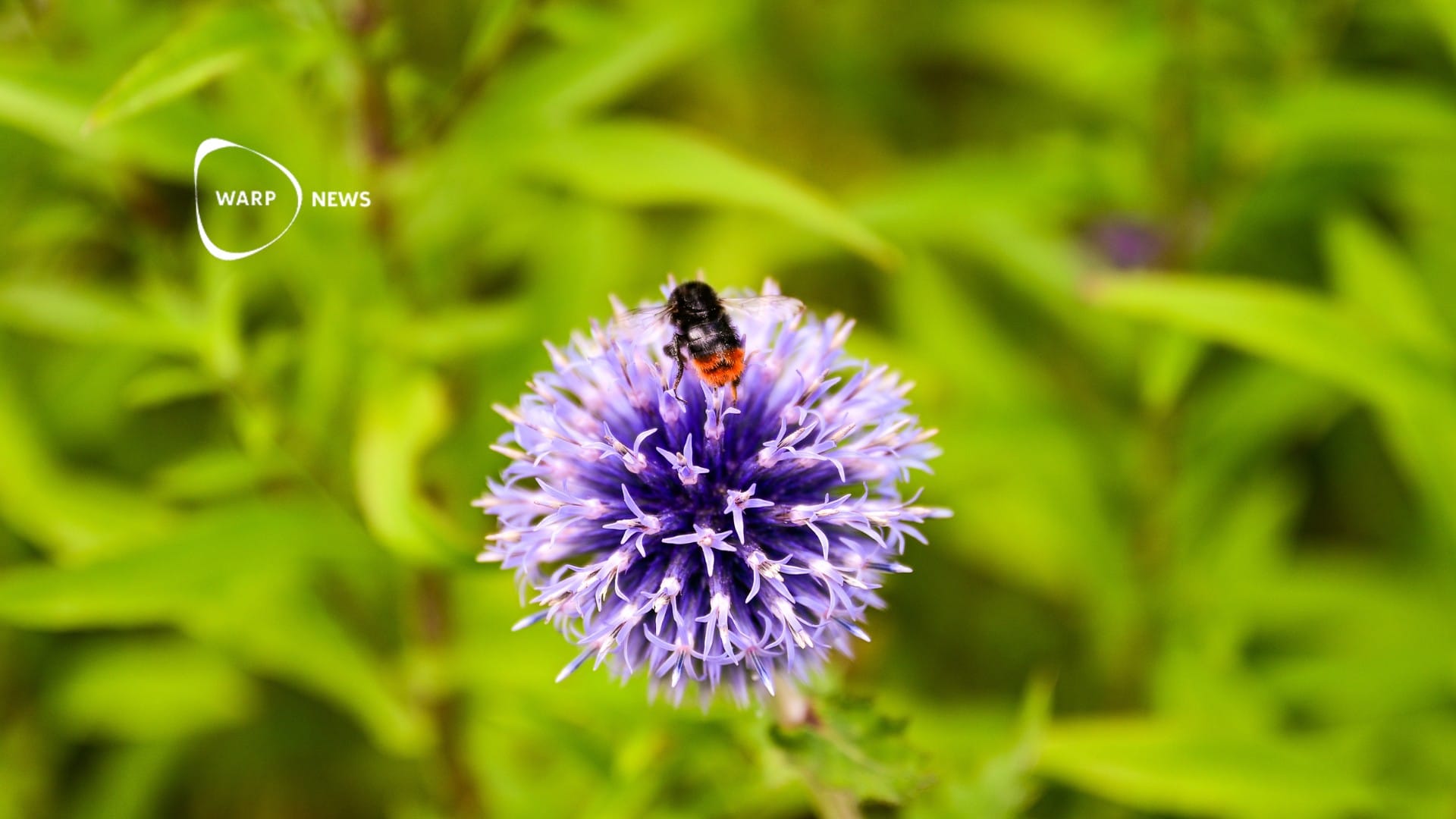
🌲 More hedges mean more environmental benefits
Hedges create protected environments for thousands of species and can reduce the need for pesticides.
Share this story!
Hedges along roads and along field edges are not only pleasant to look at, but they also have a great environmental value, according to a report by Good News Network. One thing that makes hedges so valuable is that they act as a small microcosm for animals and plants.
A British study shows that there may be over 2,000 species living in a long hedgerow. Here you will find everything ranging from the bushes that make out the hedge itself and flowers that thrive in their shade, to animals such as badgers and hundreds of insect species. A Belgian study shows that the richness of different species in a hedge can even be 30 percent greater than that of a forest.
Among the animals that thrive in a hedge are also small birds. That fact can make planting hedges or at least taking care of existing ones a worthwhile investment. Researchers in California discovered that the birds ate so many pests in the surrounding fields that it was equivalent to $ 4,000 of pesticides per year.
The hedges also create safe transport routes for many animals, which means that the population of badgers, for example, is not at risk of inbreeding. Finally, the hedges act as carbon sinks where the bushes store large amounts of carbon dioxide.
All this means that some countries are now starting to open their eyes to the value of hedges. France, for example, intends to invest 50 million Euros in planting 7,000 kilometers of hedges by 2022. Partly, because of the benefits mentioned earlier, and partly because the French think that fields without hedges look a bit dull.
By becoming a premium supporter, you help in the creation and sharing of fact-based optimistic news all over the world.


